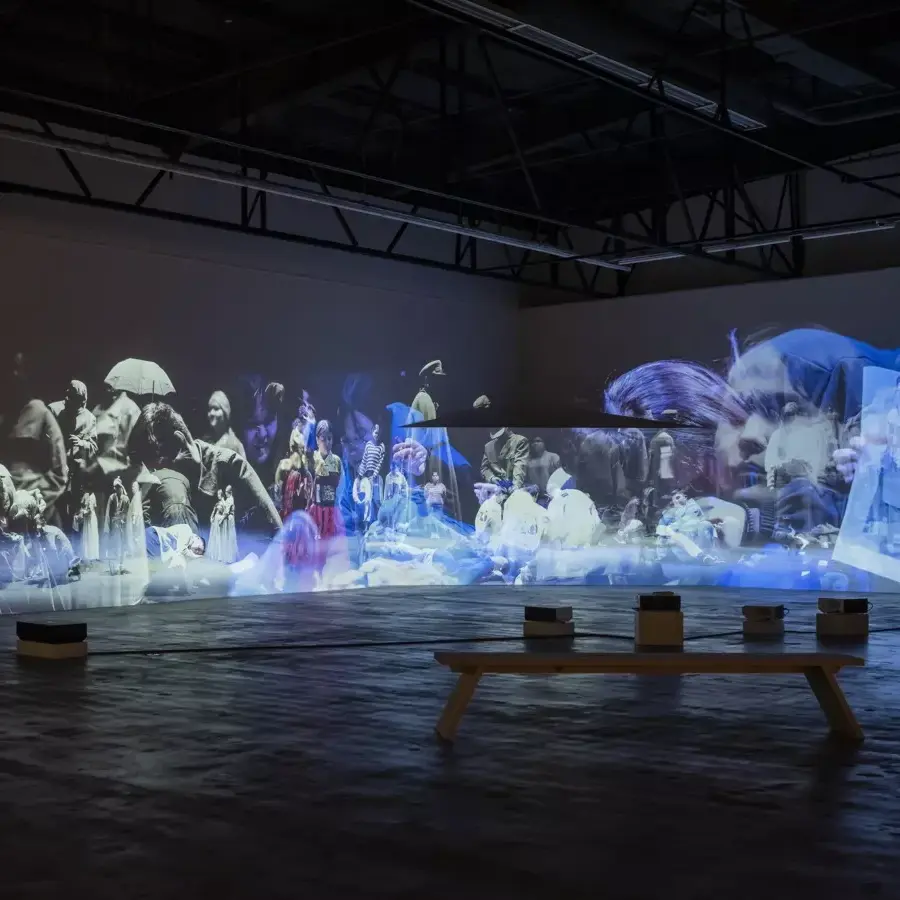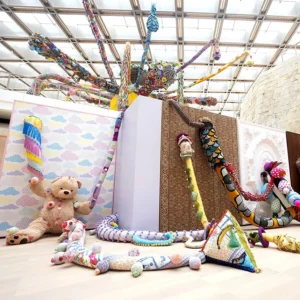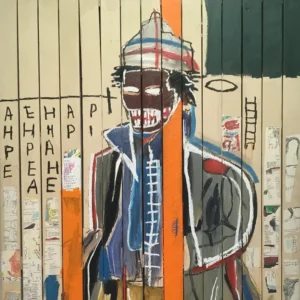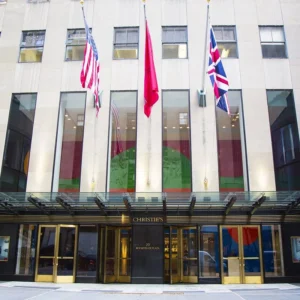Asia’s most high-profile contemporary art biennial, The Gwangju Biennale has announced its ambitious concept and strong roster of artists for its 15th edition. Taking place in the South Korean city, the event will open on September 7, 2024.
Conceptualized by the French curator Nicolas Bourriaud, this edition will bring together 73 artists from 30 countries under the title Pansori: A Soundscape of the 21st Century.
“Pansori,” which literally means “the noise from the public place,” is a Korean musical storytelling tradition involving chant-style vocals and drums. Nicolas Bourriaud aims to present “an operatic show you can walk into” at this year’s biennial.
Under the notion of realizing sound as a spatial phenomenon, artists are invited to explore the relationship between humans and space, both in intimate and planetary contexts.
Bourriaud, who is known for pioneering the concept of relational aesthetics, explained at a press conference, “Everything is a matter of space. Think about climate change (and the emergence of a new topology), … anti-migration walls, social distancing and segregation policies.”
The roster for this year’s biennial is noteworthy. All 73 artists, including 11 from South Korea, are living artists. More than half of the invited artists are women. This diverse group includes both established and emerging talents, with the majority creating new works specifically for the biennial.
This year’s exhibition is structured into three sections. The first explores the “larsen effect”, a howling noise resulting from the proximity of the sound source and the receptor. This section, resembling a crowded city center, addresses matters such as societal divisions and the intensity of our modern life. Among the artists participating in this section are Amol Patil, who will delve into the caste system in India, and Choi Ha-neyl, who will explore LGBTQ+ narratives in Korea.
“Polyphony” is the second and more spacious section, which celebrates the interconnectedness of humans and nature. Artists like Bianca Bondi and Sofya Skidan will delve into diverse themes such as environmental transformation and cyber shamanism in this section.
The third segment, “primordial sound”, looks at the origins of sound. Om in Hinduism and the noise from Big Bang are some of the inspirations bringing artists to look into themes such as human existence, cosmic realms, and molecular phenomena.
The Gwangju Biennale will extend beyond its main venue. Individual sound projects will take place at the historical neighborhood of Yangnim-dong across various public spaces. A café in the central plaza will host international chefs offering reinterpretations of Gwangju’s cuisine.
A preview of the festival will be showcased during the opening week of the upcoming Venice Biennale in April. A 12-minute video essay directed by Bourriaud will introduce the core concepts and some works from participating artists, while an archival exhibition will present the 30-year history of the Gwangju Biennale.





